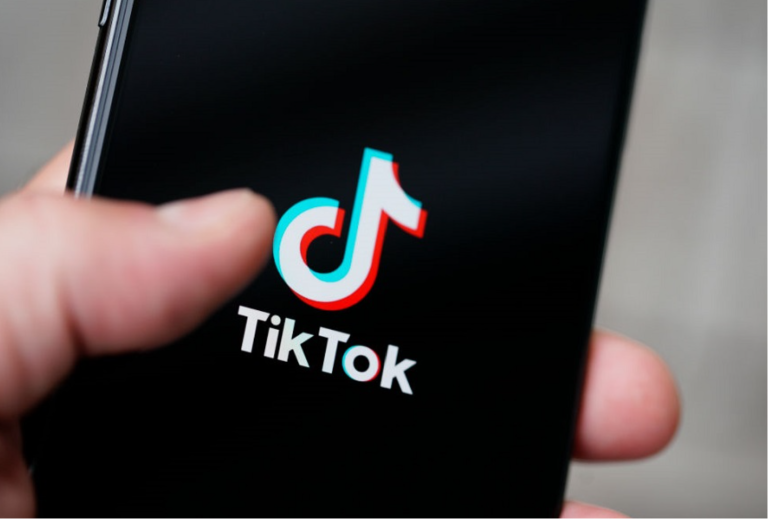Tech giants TikTok and Meta Platforms Inc. Owned by billionaires, Zhang Yiming and Mark Zuckerberg have taken legal action against European Union regulators, challenging the fees imposed on them for enforcing the bloc’s content moderation rules.
Both companies argue that they are being unfairly burdened with larger fees compared to their rivals and question the EU’s methodology for calculating these charges.
TikTok initiated legal proceedings against the European Commission on February 6, followed by Meta filing its challenge a day earlier, as revealed in court filings.
The essence of their legal challenges is a disagreement with the EU’s approach to determining fees, asserting that they are being forced to shoulder a disproportionate share of the financial burden compared to other tech giants, potentially with larger user bases.
What we know
- TikTok expressed its disagreement with the fees, stating, “We disagree with the fee and are appealing on several grounds, including the use of flawed third-party estimates of our monthly active user numbers as a basis for calculating the total amount.”
- This legal move comes as both companies seek a fair and transparent evaluation of the fees imposed by the EU.
- The EU’s Digital Services Act, a groundbreaking legislative initiative, mandates social media companies to increase their content moderation workforce and implement risk mitigation strategies to curb the dissemination of harmful content.
- Simultaneously, online marketplaces are obligated to identify sellers and enable users to report illegal products. Non-compliance with these regulations could result in fines of up to 6% of annual revenue or potential expulsion from the EU for repeated violations.
What you should know
The dispute centres on the EU’s rule that designates companies as “very large online platforms” if they have more than 45 million monthly active users in Europe.
According to EU regulations, such companies are required to share the costs associated with enforcing the new rules based on the number of users they possess.
In response to the legal challenges, the EU watchdog defended its decision, stating, “Our decision and methodology are solid. We will defend our position in court.” Furthermore, the EU emphasized that all concerned tech firms had already fulfilled their fee obligations by December.
Meta expressed its support for the objectives of the new rules but criticized the methodology used for calculating fees.
It argued that companies recording losses are exempt from payment, even with a substantial user base or increased regulatory responsibilities.
This situation results in some companies paying nothing, leaving others to bear an inequitable share of the total fees, Meta contended.

